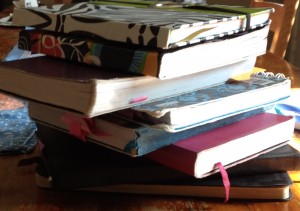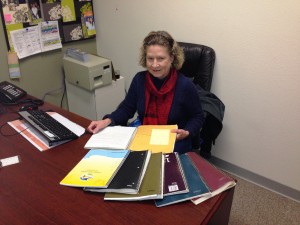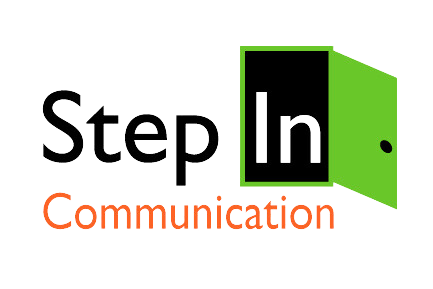 Nearly everyone I know takes notes in some form or fashion. Most of us were programmed to do it as students, when we faithfully tried to hang on every word the teacher said in case it showed up on a test somewhere. If you want to make sure you are counseling your clients in their strategy, maybe a new note-taking strategy will get you there.
Nearly everyone I know takes notes in some form or fashion. Most of us were programmed to do it as students, when we faithfully tried to hang on every word the teacher said in case it showed up on a test somewhere. If you want to make sure you are counseling your clients in their strategy, maybe a new note-taking strategy will get you there.
Research on Note-Taking
Educators call the first stage of note-taking a “regurgitate strategy,” If note-taking evolves to the next level, the person taking notes actually reformulates and interprets the information. In a Sept. 2005 edition of the WAC Journal, published by Colorado State University, Boch and Piolat found that note taking helps students to learn, but also helps them learn to write.
The authors also offer three benefits of note-taking. First, note taking aids in reflection, which allows the note-taker to synthesize the information. Second, it helps the note-taker remain attentive and finally, creates stronger connections to the material which is being noted.
“It contributes to the carrying out of a range of intellectual processes, such as making judgments, resolving issues, and making decisions. The taking of notes can aid time-consuming, real-time thought processes…” Boch and Piolat.
In Praise of A Notebook

I am a note-taker, but the veracity of my work varied greatly from day-to-day and project-to-project. Several years ago, I found myself with loose papers, scribbled ideas, and stacks of sticky notes of different sized and shapes all over my notebooks until Ann Quinn.
Ann is the Education Director for SeaWorld San Antonio and a devoted note-taker. She is a gifted teacher, but before she was a gifted teacher, she was (and still is!) a gifted student. Ann and I were in lots of meetings together and one day, I couldn’t recall part of a discussion from a meeting we’d been in and after consulting her notebook, she quickly and easily filled in the missing information. AND she made a copy of the page out of her notebook and dropped it off in my office. That’s when it hit me: Ann had a NOTEBOOK. One notebook, carried everywhere, with every meeting titled, dated and timed and all contents summarized. My approach to note-taking changed immediately because, I, too, adopted THE NOTEBOOK.
Note-Taking as a Strategy
In his piece on the Lost Art of Note-Taking, Michael Hyatt gives 5 good reasons for taking notes, including the fact that it provides “a mechanism for capturing ideas, insights and questions.”
Many of my Solo PR Pro colleagues are big on note-taking too, but using an actual notebook is not necessarily how they accomplish it. Many are using tools like Evernote and Notability or are making audio recordings of actual meetings from which to make notes.
Since adopting the “Ann Quinn Notebook Strategy” I find that whatever form my notes take, they give me a point from which to review my week. They assist me to follow up on to-dos and make assignments to team members. I can jot down ideas and concepts and the mere fact of writing it down, clarifies my work and my thinking. I can’t imagine life without my notebook.
